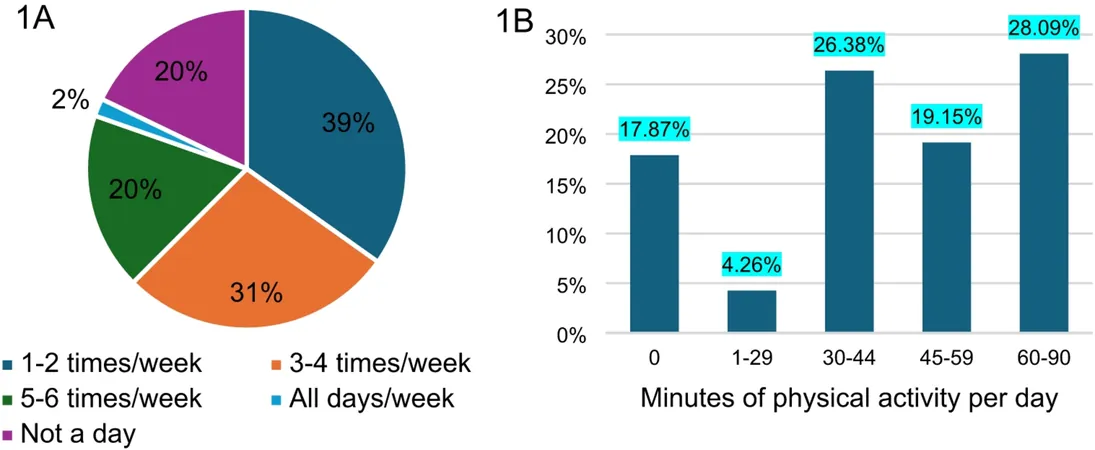
Google Dazzles at TED2025 with Cutting-Edge AI Smart Glasses
2025-04-20
Author: Ming
In a stunning reveal at TED2025 in Vancouver, Google took the spotlight with its groundbreaking conceptual smart glasses, designed with an advanced heads-up display (HUD). Spearheaded by Shahram Izadi, the lead of Android XR, the 15-minute presentation also teased a glimpse of Samsung's upcoming XR headset, showcasing the fierce innovation battle in the augmented reality landscape.
These sleek smart glasses are not just a style statement; they come packed with state-of-the-art technology. Featuring a camera, microphones, speakers, and a high-resolution in-lens display, they can present vibrant visuals while employing monocular display technology through the right lens. Although the field of view remains limited, the integration of Google's Gemini AI makes these glasses a game changer.
During the demo, the versatility of the Gemini AI system shone through, revealing its ability to engage in multi-tasking conversations. One of the standout features, Project Astra, cleverly remembers visual and audio inputs by continually encoding video frames to construct a timeline of interactions. This offers a glimpse into how augmented reality could enhance everyday experiences.
The demonstration showcased impressive applications of the glasses, such as real-time language translation. For example, Gemini seamlessly translated a Spanish sign into English without any prior prompts. To further impress the audience, Izadi invited volunteers to select different languages, successfully converting the same sign into Farsi. Additional capabilities included object identification, diagram explanations, and navigational help, combining 2D and 3D visuals for a comprehensive user experience.
Flashback to I/O 2024, Google had hinted at a bulkier version of these smart glasses that also featured Project Astra technology. The latest TED2025 demonstration signifies a major leap toward miniaturization, yet no specific release dates or product timelines have been unveiled. Izadi clarified that the glasses remain in the conceptual phase, indicating that more innovations are on the horizon.
With the smart glasses market heating up, competition is fierce. Meta is gearing up to unveil its own HUD-enabled glasses later this year, complete with multimodal AI powered by the Llama framework. Not to be outdone, Samsung is working alongside Google to develop a rival to the Ray-Ban Meta glasses, though whether it will include a HUD remains unknown.
Meanwhile, Apple is rumored to be plotting its entry into the smart glasses scene, eyeing a 2027 launch. With the recent success of Ray-Ban Meta glasses—now exceeding 2 million units sold—it's clear that tech giants are in a race to captivate consumers. As innovations like AI-driven contextual memory and real-time HUD projections emerge, the future of augmented reality is shaping up to be more thrilling than ever.


 Brasil (PT)
Brasil (PT)
 Canada (EN)
Canada (EN)
 Chile (ES)
Chile (ES)
 Česko (CS)
Česko (CS)
 대한민국 (KO)
대한민국 (KO)
 España (ES)
España (ES)
 France (FR)
France (FR)
 Hong Kong (EN)
Hong Kong (EN)
 Italia (IT)
Italia (IT)
 日本 (JA)
日本 (JA)
 Magyarország (HU)
Magyarország (HU)
 Norge (NO)
Norge (NO)
 Polska (PL)
Polska (PL)
 Schweiz (DE)
Schweiz (DE)
 Singapore (EN)
Singapore (EN)
 Sverige (SV)
Sverige (SV)
 Suomi (FI)
Suomi (FI)
 Türkiye (TR)
Türkiye (TR)
 الإمارات العربية المتحدة (AR)
الإمارات العربية المتحدة (AR)